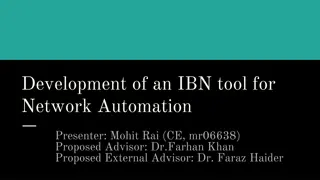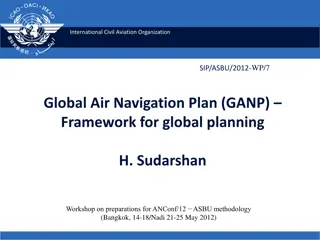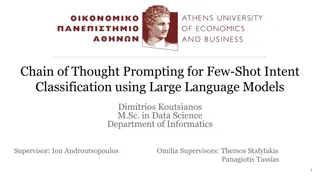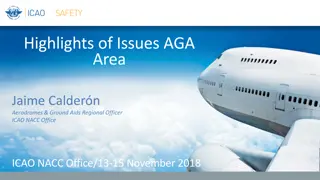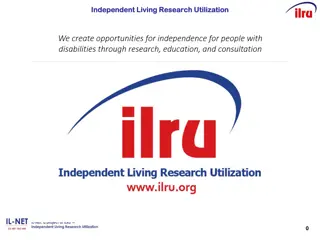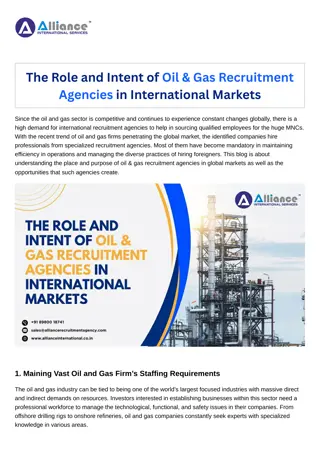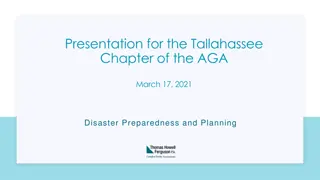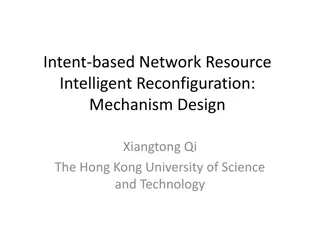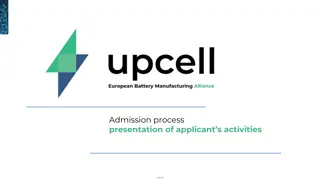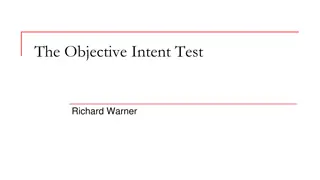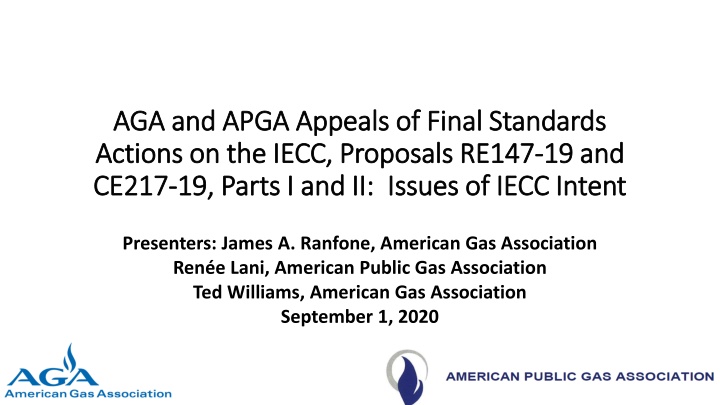
Appeal of Final Standards on IECC - Key Issues Addressed by AGA and APGA
Explore the significant issues raised in the appeal of final standards on the International Energy Conservation Code (IECC) by the American Gas Association (AGA) and American Public Gas Association (APGA). The appeal challenges proposals that impose construction costs on consumers without clear justifications related to energy efficiency, conservation, or savings in buildings. Learn about the underlining principles of the appeal and the salient issues in proposals RE147-19 and CE217-19, highlighting concerns regarding compliance requirements and their impact on energy efficiency efforts.
Uploaded on | 2 Views
Download Presentation

Please find below an Image/Link to download the presentation.
The content on the website is provided AS IS for your information and personal use only. It may not be sold, licensed, or shared on other websites without obtaining consent from the author. If you encounter any issues during the download, it is possible that the publisher has removed the file from their server.
You are allowed to download the files provided on this website for personal or commercial use, subject to the condition that they are used lawfully. All files are the property of their respective owners.
The content on the website is provided AS IS for your information and personal use only. It may not be sold, licensed, or shared on other websites without obtaining consent from the author.
E N D
Presentation Transcript
AGA and APGA Appeals of Final Standards AGA and APGA Appeals of Final Standards Actions on the IECC, Proposals RE147 Actions on the IECC, Proposals RE147- -19 and CE217 CE217- -19, Parts I and II: Issues of IECC Intent 19, Parts I and II: Issues of IECC Intent 19 and Presenters: James A. Ranfone, American Gas Association Ren e Lani, American Public Gas Association Ted Williams, American Gas Association September 1, 2020
Underlining Principles Underlining Principles of the AGA/APGA Appeal of the AGA/APGA Appeal Issues Raised in the Appeal Deal with Staff Process, Not Requirements Outcomes of These Two Proposals These Issues are Associated with the ICC Process for Considering Proposals that Are Outside the Intent Sections of the Residential and Commercial Sections of the IECC ICC Should Not Have Proceeded with Processing These Proposals, Given: The Literal Interpretation of the IECC Intent Language in Sections R101.3 and C101.3: This code shall regulate the design and construction of buildings for the effective use and conservation of energy over the useful life of each building. This code is intended to provide flexibility to permit the use of innovative approaches and techniques to achieve this objective. This code is not intended to abridge safety, health or environmental requirements contained in other applicable codes or ordinances. [underscore added for emphasis.]
RE147 RE147- -19: Salient Issues 19: Salient Issues The proposal would impose residential costs of construction upon consumers to comply with requirements for electrification-ready electrical wiring and components without justifying its requirements on energy efficiency, conservation, or savings in the building. The proponent offers speculative societal benefits of the proposed requirements without the essential justification on energy savings in the building or to other sectors. ICC staff should have either ruled that the subject proposal was out of order on the basis of lack of consistency with the Intent statement or referred the proposal to a cognizant ICC committee with the recommendation for ruling the proposal out of order.
CE217 CE217- -19, Parts I and II: 19, Parts I and II: Salient Issues Salient Issues As with RE147-19, this proposal would impose costs of construction in commercial and residential buildings by requiring electric vehicle (EV) equipment, EV capable spaces, and EV ready spaces for reasons neither relevant to building energy efficiency nor justified on the basis on building energy efficiency. Here, too, the proponent suggests speculative societal benefits of the proposed requirements without the essential justification on energy savings in the building or to other sectors. Again as with RE147-19, ICC staff should have either ruled that the subject proposal was out of order on the basis of lack of consistency with the Intent statement or referred the proposal to a cognizant ICC committee with the recommendation for ruling the proposal out of order.




